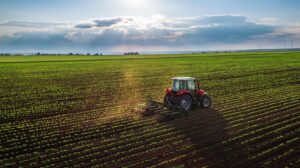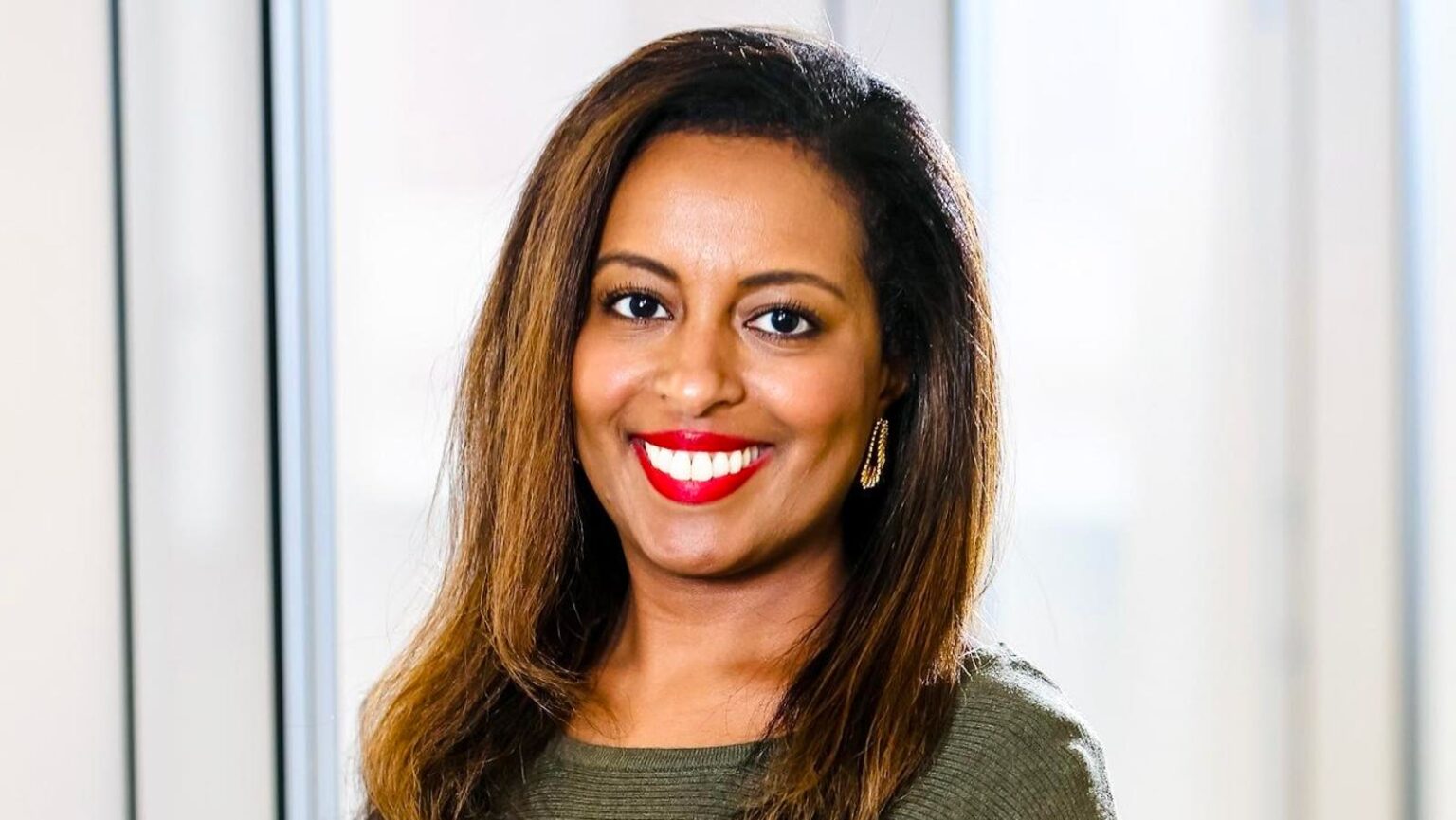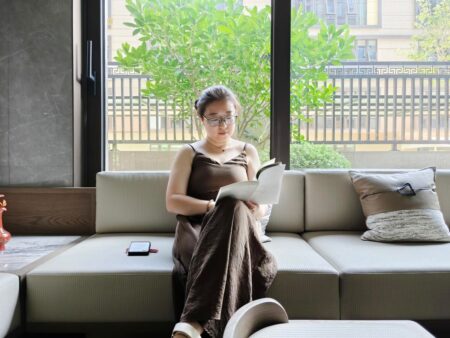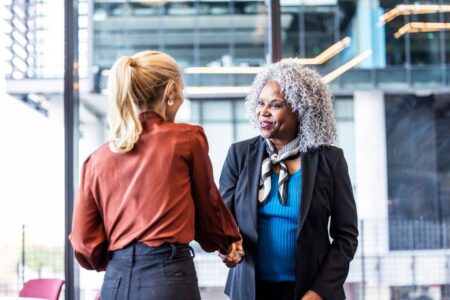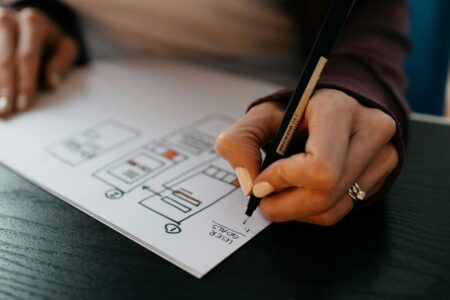Yordanos Eyoel founded Keseb to build up a transnational civil society ecosystem for learning, collaboration, and innovation to advance inclusive and resilient democracies. Through network building, convenings, research and analysis, and narrative work, her team facilitates cross-border collaborations to support democracy as both a vision and a practice for everyday life.
Ashoka: Yordanos, you started Keseb in 2022 – what inspired you?
Yordanos Eyoel: Since 2016, particularly in the U.S., a growing number of organizations have focused on reforming democracy. My initial entrepreneurial insight came a few years later, around 2020, as the field was coming to realize that there’s an anti-democratic playbook – and it’s global. It was being wielded in different ways within national contexts, but the trends and the tactics were very similar around the world and the anti-democratic actors were organized and learning from each other. This was being recognized in academic circles, but there was no clear path for practitioners to do something about it. So I started asking, how can we set up a countervailing pro-democratic network that is similarly transnational?
Ashoka: Fast forward to today. You call the leaders in the network you are building ‘democracy champions.’ Why?
Eyoel: Because a lot of democracy work has been defensive, and we want to define ourselves by what we are for, not by what we are against – and invite others to be a part of that. So even in our early days, I was intentional about calling the network of actors we work with (and the field overall) democracy champions, rather than democracy defenders. We wanted to ask a different question: How do we defend aspects of democratic institutions while also building toward something new? The intention here is to reimagine 21st century democracy and bring different actors to contribute building blocks.
Ashoka: What does Keseb focus on now?
Eyoel: We’ve taken different strategies from complementary fields. For example, my background is in social innovation and venture philanthropy, so aspects of our model come from that world. Network building is another strategic lever. We also bring practices from think-tanks for intelligence gathering and research. So all this has culminated in a set of initiatives, the first being a fellowship for a mosaic of leaders from three diverse democracies – Brazil, South Africa, and the U.S. We’re also looking to catalyze new innovations. Our field intelligence initiative produces research and analysis, distilling insights into transnational products. And finally, we are working to contribute to a positive narrative for inclusive democracy. An example of the type of product we create to energize the field is our new digital magazine, The Outlook, which we released last week.
Ashoka: Keseb has so far supported twelve groups of Fellows from the democracies you mention. Who is the fellowship for and how does it work?
Eyoel: Not every democracy champion is an entrepreneur, but a subset are. We honed in on these innovators and designed a fellowship for and with them. We curate a deep trust-based community where the Fellows are learning from each other as well as subject matter experts from all over the world. They are also supported one-on-one by our team. For our in-person convenings, we try to create unique experiences and joyful moments. Not just about the substance of what the Fellows are doing, but also creating a container for them to just take a break and connect with each other as people, not only as organizational leaders. This is critical, particularly in moments of high stress. In addition to building this type of community, we provide financial capital to the organizations and wellness stipends to the Fellows. So we are as focused on supporting the leaders as we are on their organizations. That flows through everything that we do.
Ashoka: Zooming out, you make a distinction between the vision and operations of democracy. Why is this important?
Eyoel: I find it helpful to see democracy as both a vision and a form of governance. What people are frustrated with and where there’s demand for change is around the model of governance, how democracy has been operationalized into institutions and leadership practices, and whether or not it’s been responsive to people’s daily needs and grievances. The vision of democracy, though – this is about the rule of law, representation, the pursuit of equal rights for all. I’m less convinced that there is a backlash against these values as much as perhaps an interrogation that they’ve yet to be fully realized. So when I think about people being democracy champions, it’s for these values.
Ashoka: Last question. Many people see voting as the main, or only, way to engage in their democracy. What bigger picture would you offer?
Eyoel: Elections and voting are central to democracy, but democracy is of course broader. Democracy shows up in the way we engage with each other. It shows up in the way we deal with ideological disagreements, not just in the public arena, but even in our private lives, how we wrestle with discomfort, how we think about not just our own well-being, but the well-being of those around us. At the very micro individual level, it’s about how you realize your own potential and live with dignity in whatever society you’re in. Democracy is supposed to facilitate that. At the community level, there’s also being free to create associations, to come together and organize for collective action. Having a robust civil society, from churches to community groups to non-profit organizations, has been part of the rich history of U.S. democracy, for example. And that’s where people of all backgrounds and walks of life have an opportunity to engage and shape the future of democracy – beyond elections.
Yordanos Eyoel is an Ashoka Fellow.
This interview is condensed for length and clarity by Ashoka.
Read the full article here

